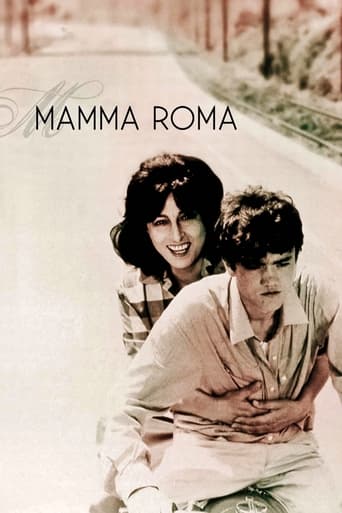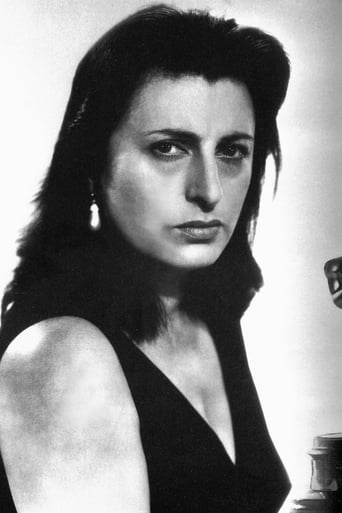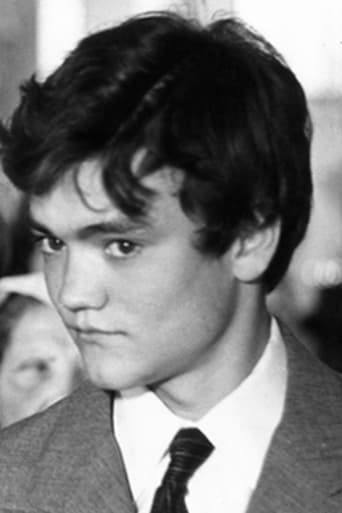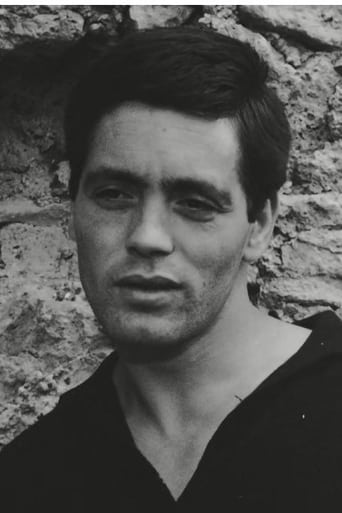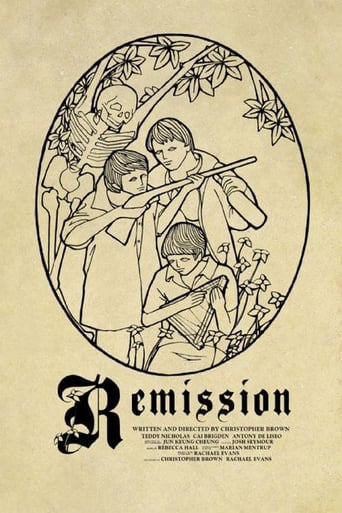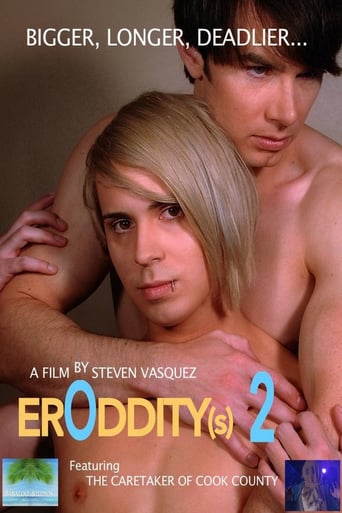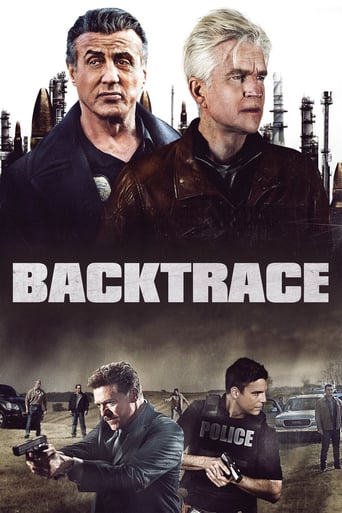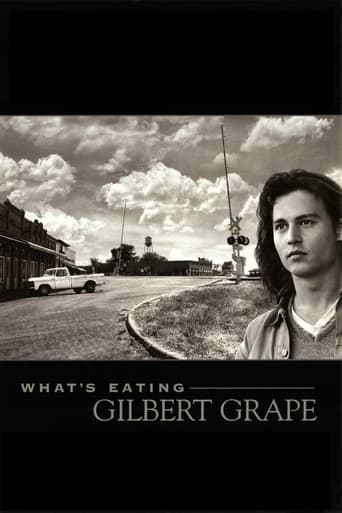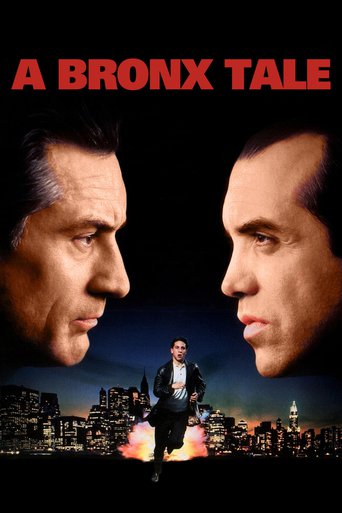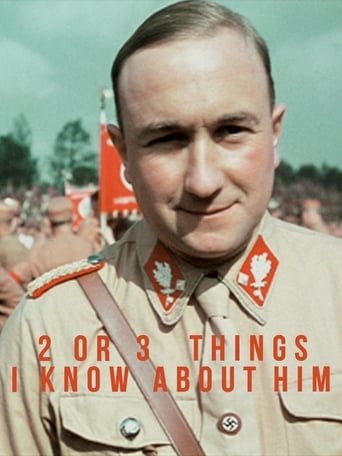Mamma Roma (1965)
After years spent working as a prostitute in her Italian village, middle-aged Mamma Roma has saved enough money to buy herself a fruit stand so that she can have a respectable middle-class life and reestablish contact with the 16-year-old son she abandoned when he was an infant. But her former pimp threatens to expose her sordid past, and her troubled son seems destined to fall into a life of crime and violence.
Watch Trailer
Free Trial Channels
Cast


Similar titles
Reviews
Plot so thin, it passes unnoticed.
Most undeservingly overhyped movie of all time??
Although it has its amusing moments, in eneral the plot does not convince.
I wanted to like it more than I actually did... But much of the humor totally escaped me and I walked out only mildly impressed.
In Rome, middle-aged Anna Magnani (as Mamma Roma) tries to shed her past life as a prostitute and reconnect with rebellious teenage son Ettore Garofolo (as Ettore). He moves in as she gets a legitimate job. Things already show signs of falling apart when young ex-pimp Franco Citti (as Carmine) returns to town. After failing to make himself respectable, Mr. Citti demands Ms. Magnani return to the working the world's oldest profession. If not, he threatens tell son Garofolo about Magnani's sordid past...This neo-realistic drama loses some realism in the story. You have to wonder how Citti ("I was 23 and you were 40") hooked up with Magnani and why he doesn't look for more profitable whores, presently. Also, Garofolo (age 17½) certainly seems able to deduce his mother's past. Still, writer/director Pier Paolo Pasolini uses his landscape stylishly, with a lot of walking scenes. Christian religious allegory is prevalent (note Garofolo in bondage). A fly walks across the opening credits, which serves as a comment.******** Mamma Roma (8/31/62) Pier Paolo Pasolini ~ Anna Magnani, Ettore Garofolo, Franco Citti, Silvana Corsini
An author and filmmaker, Pier Paolo Pasolini forged a body of work that painted a bleak, uncompromised portrait of the human condition. His breakthrough picture, Mamma Roma, exemplified his worldview. With Mamma Roma, the auteur's sophomore effort, Pasolini addressed the false promise of Roman life through a stark examination of a subproletariat family's breakdown. The film opens with a harsh metaphor for the principal's state, as the image of swine eating and rooting in pig manure widens out to reveal a wedding party. From frame one, we are immediately steeped in one of European cinema's truest and most unforgiving portraits of broken, hungry lives. As the opening scene unfolds, the titular character – played by Anna Magnani - feeds the hogs and harasses the bride and groom, her brash mouth braying a laugh that functions more as a psychological salve than a genuine response to the world around her. She taunts the bride, asserting that the pigs are speaking to her and one has confessed to being a whore. Here the director establishes a foreboding symbol so overt it becomes subtle, as Mamma Roma herself is revealed to be a lady of the evening in the sequence that follows. And when the groom (Mamma Roma's former husband), bride, and Mamma Roma herself improvise musical wedding toasts with lyrics that become progressively harsher and more revealing, a powerful yet oblique metaphor for the grandiloquence of peasant suffering takes form. Thus, Pasolini establishes early on that the film will inhabit the world of the "hick" – the milieu of the starving - and the concept of the peasant's ill-fated pursuit of edification grows organically out of these opening scenes. When the next sequence begins, Mamma Roma reconnects with an estranged teenage son. Here, Pasolini establishes a sublime, melancholy image of institutional social stagnation as we are introduced to young Ettore (Ettore Garofalo) riding a carousel. The mundane nature of the carnival ride subtly reflects all of the characters' lack of mobility – they will inevitably return to where they began. The circular nature of despair is further explored through Mamma Roma's sojourns to "the track", a row for ladies of the evening where she previously moonlighted as a prostitute. The sequence features our protagonist taking a circular route around the row, conversing with the brethren she's self deluded enough to feel are beneath her. Her journey mirrors her trajectory throughout the film; she begins the story a beleaguered whore and, in spite of the most fervent of efforts, concludes the same. Thus, Pasolini effectively illustrates a theme consistent in his work: the inevitability of failure. It is the titular character's hidden self that, once revealed, completes Ettore's disillusionment. When introduced, he is a young tough content to roam the back streets with his equally aimless friends. The search for a "score" (another bit of foreshadowing as a score is what eventually leads to his institutionalization) supplants any real material pursuit. Yet Mamma Roma's false promise of a better life serves more to suffocate the young man than embolden him. This dichotomy is established when young Ettore is first taken to his mother's apartment. A strong undercurrent of sexual tension permeates the tango scene – a sequence in which Mamma Roma and Ettore dance to the ironically titled Italian folk song "Gypsy Violin." Her coquettish wiles and close, effusive body language reveal the incestuous nature of her affection, as well as Ettore's understandable sense of emotional suffocation. The incest motif is further underscored when Ettore becomes infatuated with a fickle young mother. Mamma Roma seeks to diffuse his affection by having a colleague seduce and deflower him. Here, Mamma Roma's yearnings crystallize as she literally assigns a surrogate to copulate with the young "pimp." Pasolini's use of incest can be viewed as clever and uncompromised, as it is both a symbol of circular entrapment and a metaphor for the manner in which desolate generations subjugate each other in the service of their needs. In this respect, sexuality bares the same weight as economic or emotional factors. Thus, in Mamma Roma, all needs are satisfied within the perverse symbiosis of dysfunction. The story concludes as a fait e' compli. After Mamma Roma's previous husband reappears (a plot point that symbolically underscores the impossibility of self-gentrification; the man is, literally, the past come back for a reckoning), young Ettore discovers his mother's past and embarks on another score. The target, a hospital for the aged previously alluded to in the story, constitutes Pasolini's most apocalyptic metaphor. The cold, pale walls and rows of old men filed away until they die reflect the state of the indigent that populate the story. The patients exist as Ettore is destined to. At the denouement, the young man lays strapped to a wooden table, a literal manifestation of his psychosocial imprisonment. Hence, the director has created a portrait of an impoverished class trapped in behavior patterns that are incestuous and self-hypnotizing. Mamma Roma constitutes a hopeless vision of humanity unequaled in the Pasolini cannon until his final film.
When her pimp gets married, Mamma Roma decides to retire from the horizontal business and focus wholly on her one son, Ettore, who, without any education, grows up in the countryside. She brings him to Rome and enables him to enroll to a school with the money that she earned from prostitution. She buys an apartment in one of the better Roman neighborhoods and starts her new business as a green-grocer. However, Ettore feels lost in the big city to which he is not used and joins a gang of youngsters around the beautiful Bruna with whom he falls in love. Since he cannot bring up enough money to buy gifts for her, he starts to steal, even items from the household of his mother. When Mamma Roma gets wind from that, she takes him from the school and organizes him a job as waiter. At the same time, she tries to turn him away from Bruna by sending him to a former colleague of her. The misery is perfect when Mamma Roma's old pimp turns up again and demands from her to prostitute herself again, since otherwise he wants to tell her son that his mother is a whore. Desperately she goes back to her old profession in the evenings, but it does not help: Bruna tells Ettore everything. Here, his breakdown starts: he quits work and is from now on a professional street-robber. When he and his colleagues rob patients in a hospital, Ettore is caught in flagranti by the police and brought into a psychiatric clinic, where he dies.The German psychiatrist and writer Dr. Oskar Panizza wrote, towards the end of the 19th century, a story, entitled "The 'Trinity' Inn". This very special inn in Southern Germany is hold by an old man who speaks Hebrew, a blond, thin asthmatic youth named "Christus" and his mother, a once good looking woman named Mary whose profession is that of a whore. A very similar familiar constellation appears in Panizza's "The Council of Love" which has been filmed by Werner Schroeter in 1982. It would be very interesting to know if Pasolini knew Panizza's work, since without any doubt (at least for people who know Pasolini's work), we find in the figures of Mamma Roma the Virgin Mary, in Ettore Christ, in Carmine the pimp St. Joseph and most probably in Bruna the character of Maria Magdalena (exactly this role the actress Bruna - Silvana Corsini had played one year before in Pasolini's "Accattone". What we therefore have in front of us is a wonderfully perverted Holy Family in the suburbs of Rome.
After many years working in the streets of Roma, the middle-age whore Mamma Roma (Anna Magnani) saves money to buy an upper class apartment, a fruit stand and retires from the prostitution. She brings her teenage son Ettore (Ettore Garofolo), who was raised alone in the country, to live with her, and Ettore becomes her pride and joy. However, the boy that does not want to study or work, joins to idle friends, has a crush on a bitch, and Mamma Roma uses her best but limited efforts to straight Ettore and make him an honest man. However, her past haunts her with tragic consequences."Mamma Roma", the second movie of Pier Paolo Pasolini, is an impressive, cruel, touching, riveting realistic drama. Anna Magnani has an awesome performance in the role of a limited mother trying to live an honest life and give the best for her son. Franco Citti has a short, but also fantastic acting in the role of a nasty pimp. In times when Hollywoodian fairytale world prevails in most worldwide movie theaters and rentals, it is good to revisit the real world in this unforgettable gem. My vote is eight.Title (Brazil): "Mamma Roma"

